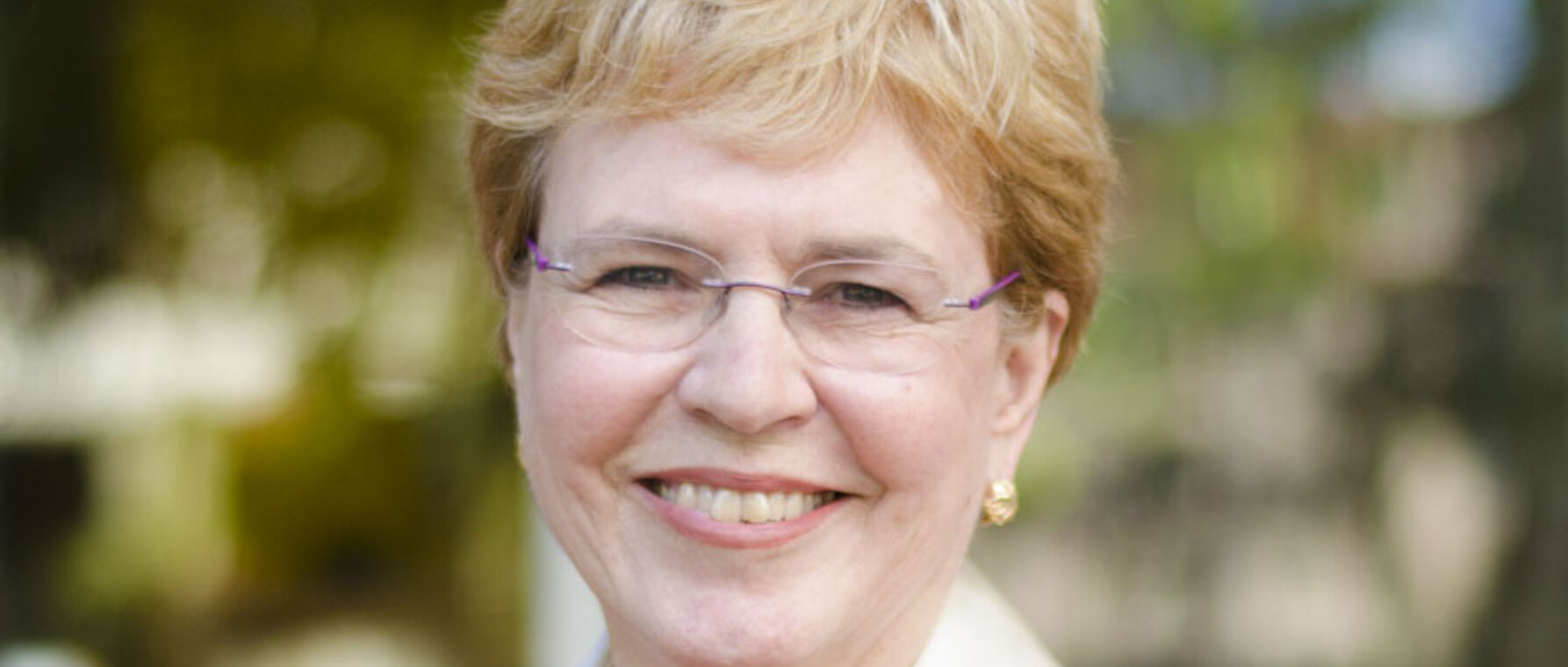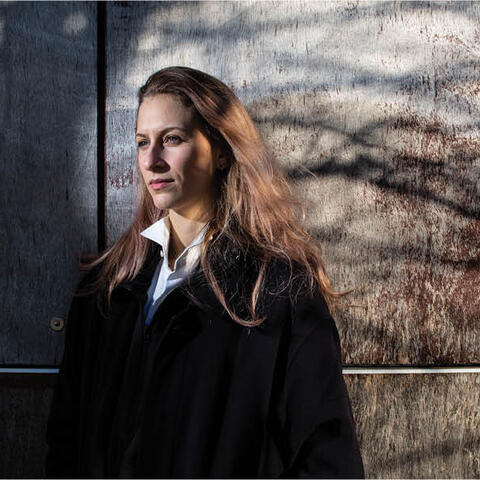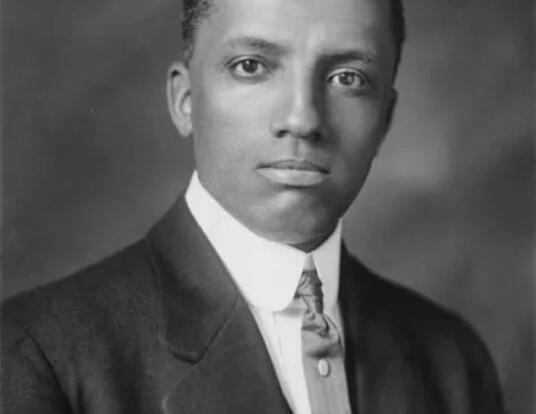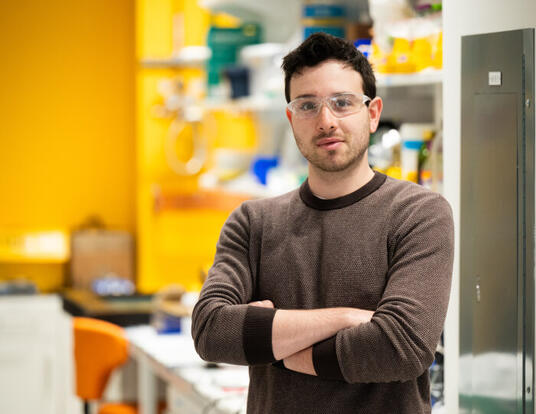Jane Lubchenco: 2019 Centennial Medal Citation
Jane Lubchenco, PhD '75, University Distinguished Professor and Marine Studies Advisor to the President at Oregon State University, awarded a 2019 Centennial Medal

Jane Lubchenco is a force of—and for—nature. A world-renowned marine ecologist and founding figure in the science of environmental sustainability, she has advanced the study of coastal ecosystems, improved the management of fisheries and ocean resources, and shaped organizations and policies that serve nature and society alike. For decades, she has been outspoken about the threat of climate change and the responsibility that all scientists have to put their research to use for the good of the planet.
A Denver native, Lubchenco earned her bachelor’s degree at Colorado College, her master’s at the University of Washington, and her PhD at Harvard, with a dissertation exploring the forces that drive the distribution, abundance, and diversity of algae and associated organisms in the coastal waters off New England. Her pioneering project helped bring new experimental approaches and quantitative methods into the field of intertidal ecology.
James McCarthy, Alexander Agassiz Professor of Biological Oceanography in the Museum of Comparative Zoology, joined Lubchenco’s dissertation committee in her final year and immediately recognized the pathbreaking nature of her approach. “It was clear, even in her PhD work, that what she was doing was going to affect the way that people in the future designed experiments and drew conclusions,” McCarthy says. Lubchenco’s work remains highly influential: She is one of the most frequently cited ecologists in the world, with eight of her publications identified as “science citation classics.”
When Lubchenco completed her PhD in 1975, Harvard’s Department of Organismic and Evolutionary Biology immediately hired her to the faculty—a very rare occurrence. Two years later, Lubchenco and her husband Bruce Menge, also an accomplished ocean ecologist, moved to Oregon State University, where Lubchenco is now University Distinguished Professor and Marine Studies Advisor to the University President.
Over the course of her career, Lubchenco has been the recipient of an overwhelming number of accolades for her exceptional leadership in advancing the scientific community and the public good, including the Public Welfare Medal, the most prestigious honor of the National Academy of Sciences, and the Public Service Award of the US Coast Guard, its highest civilian honor. She has served on the executive committee of the National Academy of Sciences and as president of the International Council for Science, the Ecological Society of America, and the American Association for the Advancement of Science. In 1997, she gave a presidential address at AAAS that articulated a turning point in sustainability science: she laid out a vision for a “new social contract,” calling for all scientists to help address the planet’s most urgent needs, to communicate their findings broadly and effectively with a wide range of audiences, and to build public trust. She went on to practice what she preached, co-founding three organizations that strengthen lines of communication between scientists and the public.
Bill Clark, Harvey Brooks Professor of International Science, Public Policy and Human Development at the Harvard Kennedy School, remembers Lubchenco’s presidential address vividly. “I can’t overemphasize what a ‘stand and deliver’ statement that was,” Clark says. “She is deeply and morally grounded in this notion of stewardship and responsibility for the planet, and she is not reluctant to share her passionate commitment to stewardship, both in the interest of the environment and in the interest of people.”
Lubchenco has distinguished herself through public service at the highest levels, including two terms on the National Science Board of the United States, which governs the National Science Foundation and advises the President and Congress on science and engineering policy. She was also the inaugural US Science Envoy for the Ocean within the Department of State. From 2009 to 2013, under President Barack Obama, Lubchenco headed the National Oceanic and Atmospheric Administration (NOAA), a $4.7 billion federal agency responsible for conserving and managing coastal and marine ecosystems and resources. One year into her tenure, she was called upon to respond to the worst oil spill in history, the Deepwater Horizon disaster, which released millions of barrels of oil into the Gulf of Mexico.
At the time, John Holdren, Teresa and John Heinz Professor of Environmental Policy at the Harvard Kennedy School, was assistant to the president for science and technology and director of the White House Office of Science and Technology Policy; he and Lubchenco worked closely together to respond to the spill, shape President Obama’s climate and ocean policies, and advance NOAA’s engagement with climate services. “The fact that Jane is universally recognized as a brilliant scientist as well as a consummate leader made her a highly effective NOAA administrator in a very challenging period,” Holdren says. “She is energetic, organized, deeply committed to advancing science and its applications to improve the human condition, and completely unflappable.”
Jane Lubchenco, for your pathbreaking scientific work, your leadership in inspiring others to communicate and work together to address urgent problems, and your fearlessness in the face of the greatest environmental challenges we have ever known, we are proud to award you the 2019 Centennial Medal.
Get the Latest Updates
Join Our Newsletter
Subscribe to Colloquy Podcast
Simplecast





